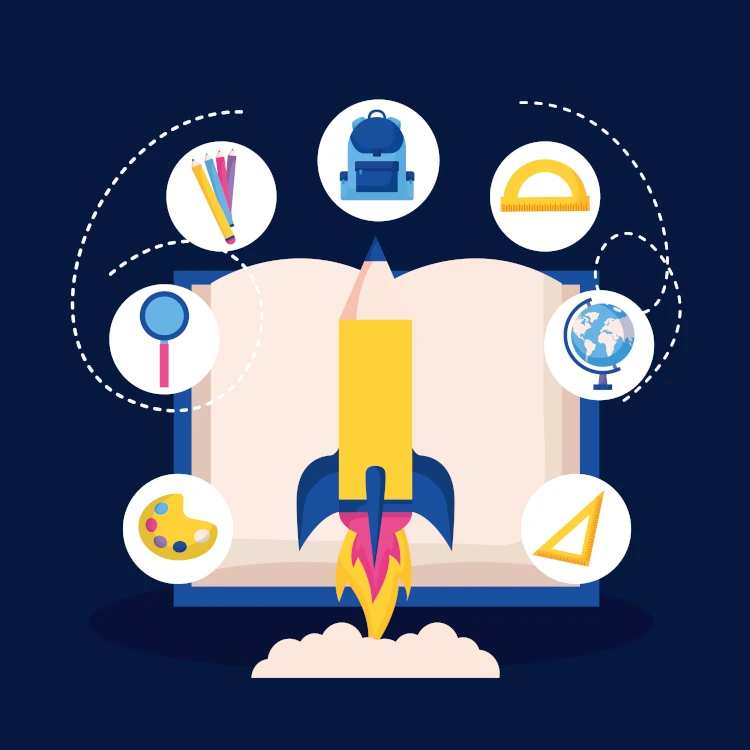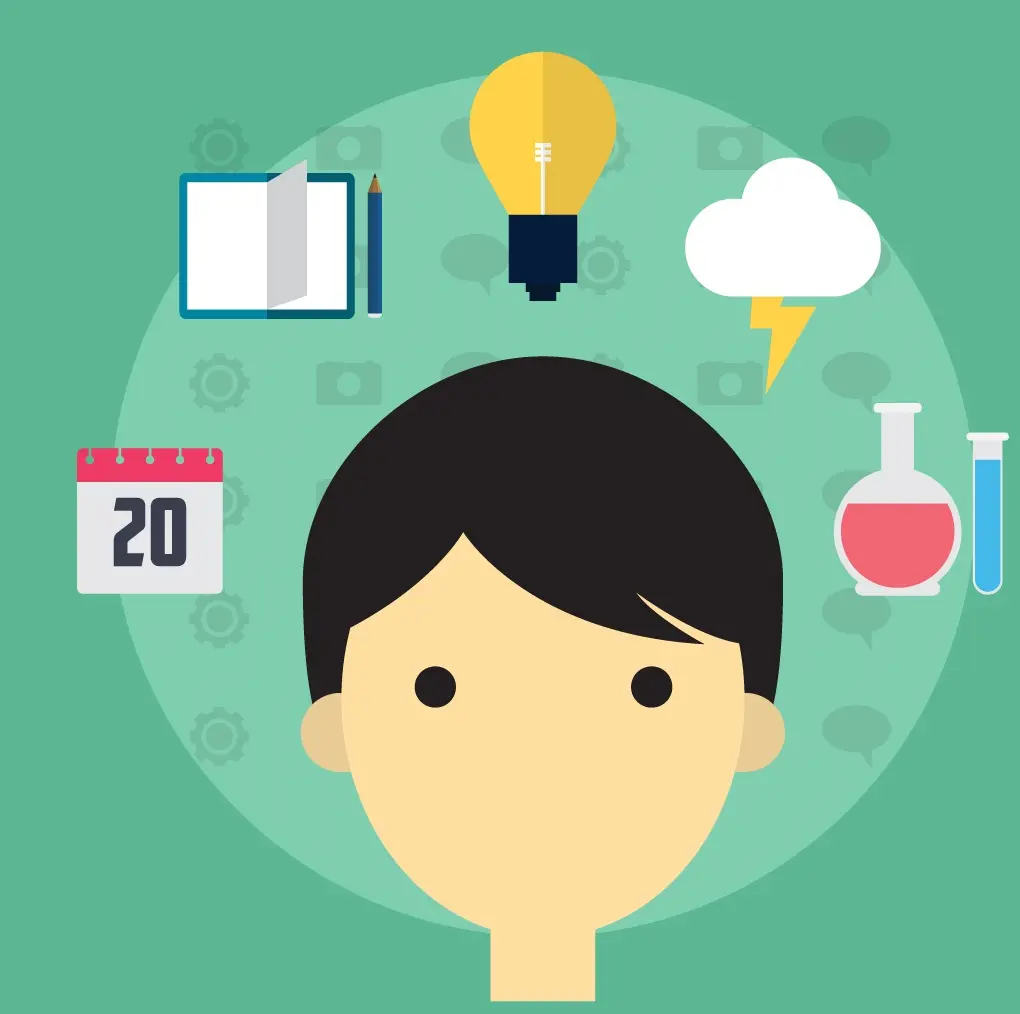Introduction
Executive function, a set of mental processes that facilitate goal-directed behavior, is a crucial factor in a child’s ability to learn and thrive in an educational setting. In this blog, we’ll explore the various facets of executive function and how they influence the learning experience.
What is Executive Function?
Executive function encompasses a range of cognitive skills, including attention control, working memory, cognitive flexibility, and self-control. These skills act as the brain’s “CEO,” managing and coordinating other mental processes to achieve specific goals.
Attention Control: The Gateway to Learning
Attention is the foundation of all learning. Children with strong executive function can sustain attention, filter out distractions, and focus on the task at hand. This skill is crucial for absorbing information in the classroom and during independent study.
Working Memory: The Mental Notepad
Working memory allows students to temporarily hold and manipulate information. A robust working memory enables effective problem-solving, comprehension, and the ability to follow multi-step instructions—essential skills for academic success.
Cognitive Flexibility: Adapting to Change
Learning environments are dynamic, and cognitive flexibility allows students to adapt to new information and shifting demands. Children with well-developed executive function can easily transition between tasks, subjects, and classroom activities.
Self-Control: The Key to Academic Persistence
Self-control is vital for regulating emotions and impulses. Students with strong executive function can manage frustration, delay gratification, and stay focused on long-term goals, contributing to academic persistence and achievement.
Executive Function Challenges in Learning Disabilities
Some students may face challenges in developing executive function, often associated with learning disabilities such as ADHD or dyslexia. Understanding and addressing these challenges early on can significantly improve educational outcomes.
Strategies to Support Executive Function in Learning:
- Structured Routines: Establishing consistent daily routines helps children predict and prepare for different activities.
- Visual Aids: Visual cues and schedules can assist in organizing tasks and transitions.
- Breaks and Movement: Incorporating short breaks and physical activity supports attention and cognitive flexibility.
- Mindfulness Practices: Teaching mindfulness techniques can enhance self-regulation and reduce stress.
Collaboration Between Home and School
Effective communication between parents and teachers is essential. Sharing insights about a child’s executive function strengths and challenges ensures a cohesive and supportive approach to their education.
Conclusion
Recognizing the impact of executive function on learning is a crucial step in creating a positive and effective educational experience for every child. By understanding and nurturing these cognitive skills, parents and educators can empower students to overcome challenges and unlock their full learning potential.






